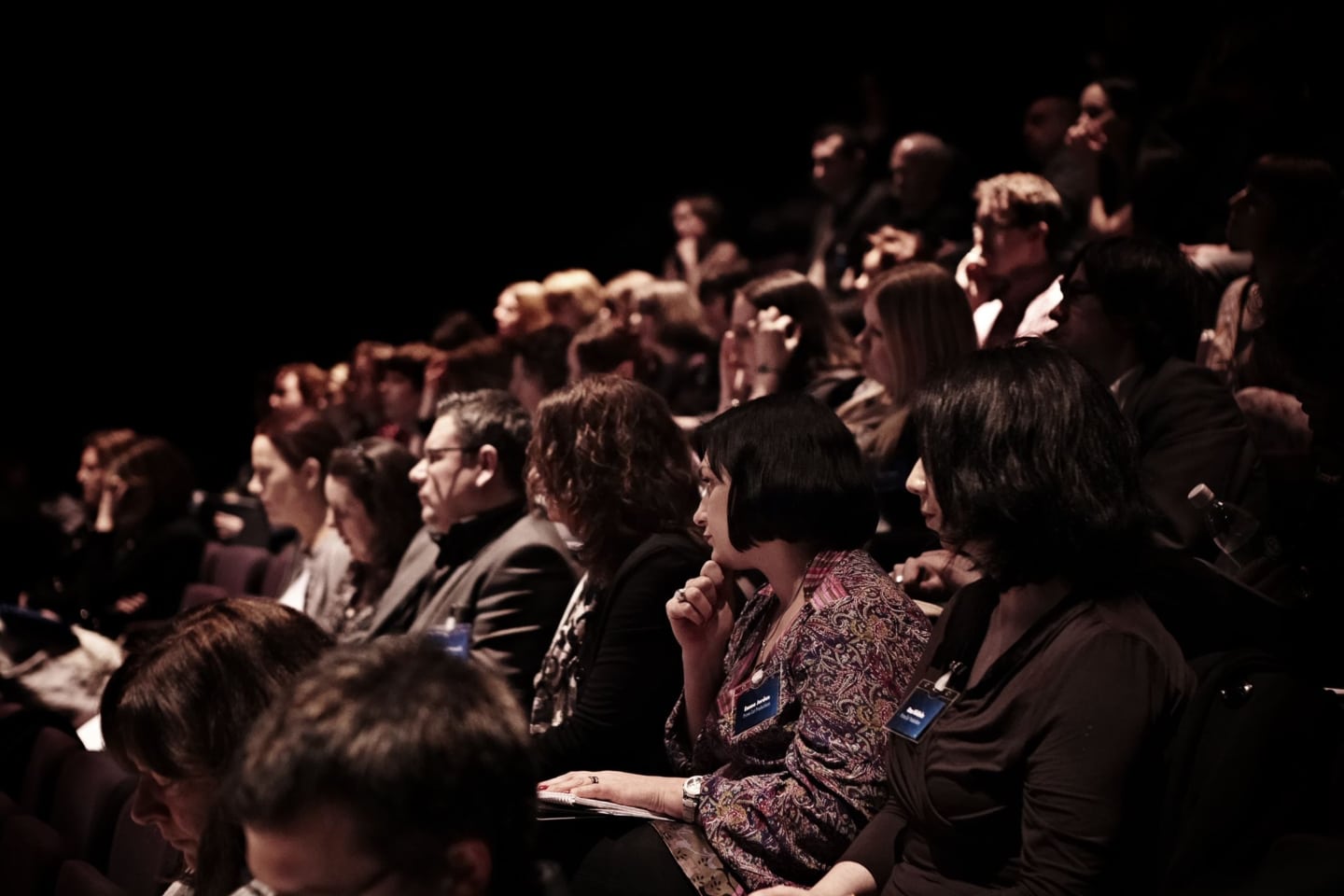Creative Arts Information & Research Reports
Theatre and Dance NI is dedicated to advocating for our members and the wider arts ecosystem. Our work involves engaging with various stakeholders to highlight key policy issues and drive change. We believe it is crucial for the true value of our sector to be recognised and for the rights, health, and well-being of its workers to be supported and protected, just as other sectors are.
We leverage our expertise to support the arts sector in NI by demonstrating its value and positive impact on our society. In partnership, we work to influence policy development, including through research, focus groups, and consultations. By building relationships and engaging with statutory bodies, politicians, local authorities, and other stakeholders, TDNI champions and promotes the sector’s value and increases its visibility through high-level advocacy efforts.
As Secretariat of the All-Party Group on the Arts, TDNI collaborate with Arts Council of NI, Thrive, Circusful, Arts & Business NI and other cross-artform organisations to collectively lobby for the wider sector and inform policy. This engagement continues as part of the Culture, Arts and Heritage Taskforce and Arts Collaboration Network.
TDNI disseminates information through networks such as Dance Ireland, Theatre Forum (now Performing Arts Forum), Irish Theatre Institute, Independent Theatre Council, UK Theatre, and UK Dance Network, supporting broader audience development and information capture.
We are a key contributor to research reports such as Dance Counts, Dance Conversations and Building Capacity for the Cultural Industries: towards a Shared-Island Approach for Dance and Theatre, Investing in Creative Delivery, CAH Taskforce – see below.
We also enhance cross-border collaboration through research initiatives, working with partners to strengthen North-South connections and sectoral initiatives. Following the UCD/QUB research (Dance Counts, Building Capacity for the Cultural Industries, 2019-2022), TDNI continue to work with partners maximising North-South connections, sectoral initiatives, and partnerships, enhancing cross border and cultural change.
Through these efforts, Theatre and Dance NI continues to provide a strong, representative, and authoritative voice for our members, advocating with them and on their behalf, and supporting the arts sector’s growth and recognition.
If you are interesting in engaging or contributing to any of our advocacy efforts, please contact advocacy@theatreanddanceni.org
